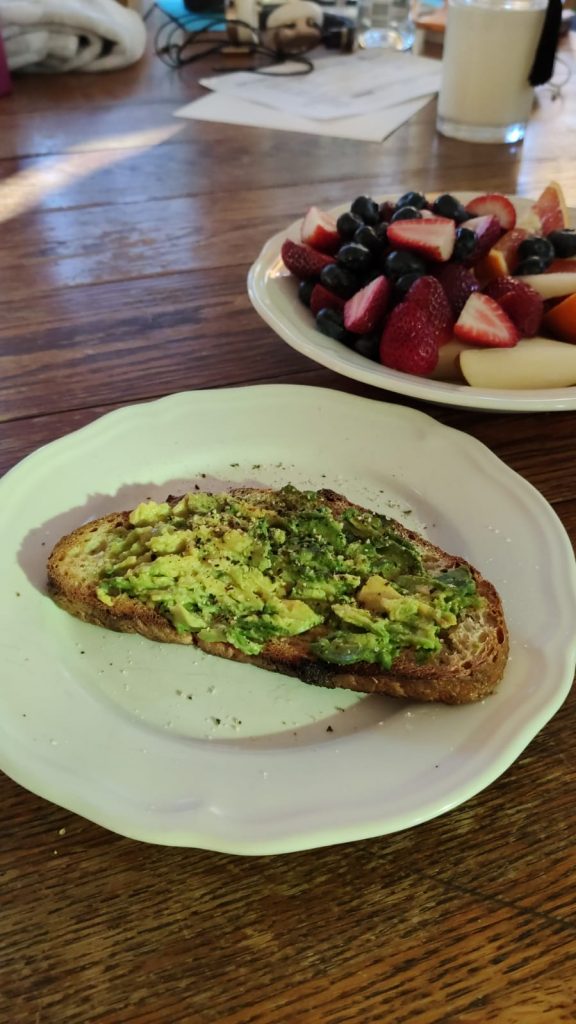Are carbs evil?

During the 4 Week Lockdown Challenge the topic of sourdough came up – which is hardly surprising – given – lockdown.
There is a view these days that we should be avoiding carbs like bread and I thought it was worth looking a bit closer at this.
Are carbs ok?
These days everyone is into “cutting carbs”. I think that this overlooks the role that carbs can play in our diet as a very good energy source. If you eat the carbs in and around your training they can really be of benefit. Eat some oats at least an hour before a morning workout and you will be smashing it. A small serving of carbs in the evening is good for helping you to have a good sleep – good recovery and will also help with the morning workout.
Carbs are also a very important source of fibre which we need to promote good bowel health and also to keep cholesterol levels down. We will also have a lower risk of cardio vascular disease if our fibre intake is good.
Carbs retain water so that is why a few carb free days makes you feel more “chiselled” – it is just the extra water that will stick around with carbs that leaves your body when you go carb free. Eliminating carbs completely, however, will also be likely to leave you with headaches, dehydration and dizziness. You will also be irritable!
Which carbs are best?
Choose mostly healthy sources of WHOLE CARBS such as high fibre starchy foods, wholegrains like brown rice, quinoa, wheat and oats, vegetables, fruit and legumes.
Try to limit REFINED CARBS such as sugary drinks, white bread, pastries and other items made with white flour. Refined carbs can cause spikes in your blood sugar levels which then lead to a crash and more hunger. They also have few nutrients so they are not really doing anything for you other than giving you some energy.
Which bread is best?
Plain white bread is at the bottom as it has hardly any nutrients. Turkish bread is also not a good choice – the holes fill up with butter! Both of these types of bread are high GI which means that you will have a blood sugar spike (and subsequent drop) some time after you eat them which might cause you to want more food.
Wholemeal or brown bread has more nutrients than white bread but it is still a high GI bread.
Sourdough is a notch up from regular white bread as it more easily digestible. The lactic acid bacteria in the bread interacts with nutrients differently than it does in white bread – the nutrients such as folate, potassium and magnesium are available to you. This also means that there are more antioxidants in sourdough bread. Sourdough bread also has a lower GI which means less blood sugar spikes.
The “best” bread is a seedy multi grain bread as it is low GI and it has a high fibre content and it will help you feel full for longer.
So there is no need to ban bread – just think about quality and quantity. So many of us automatically have 2 slices – maybe it is just a matter of always sticking to one slice and filling up on more veggies or protein.
That is probably where most people fall down – bread is so delicious it can be hard to limit the quantity. Get your bread pre-sliced (thinly) and choose smaller loaves.
Related Posts
Herbs and spices – many are rich in nutrients
Up until I started studying to become a nutrition coach I had no idea that...
Consistency is the aim of the game
Forget about "motivation". Just do it because that is what you do.You...
What I liked about Dellafit in 2019
WinnersOver the break you might be making a new year's resolution to get fit...
We are back on 29 January better than ever!
We are back in the park from Friday 29 January and our offering this term...
